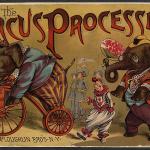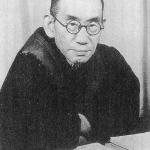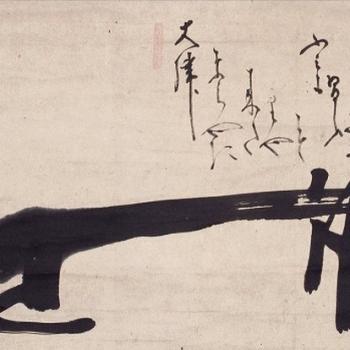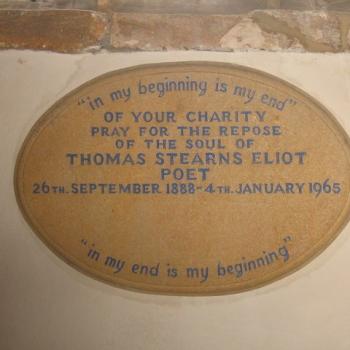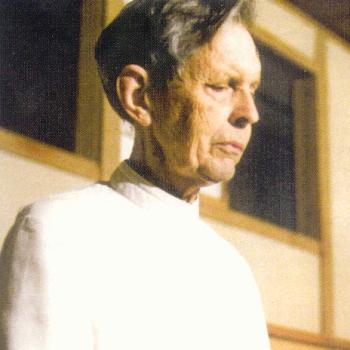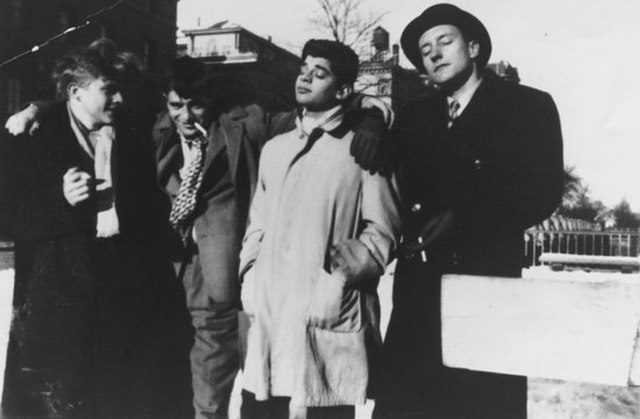
Lucien Carr, Jack Kerouac, Allen Ginsberg, and William Burroughs
Allen Ginsberg was born on the 3rd of June, in 1926, in Newark, New Jersey. His father was a poet and school teacher, while his mother was an activist and Marxist. He had a brother Eugene. His mother’s schizophrenia was a constant issue within the family. Her illness would be a recurrent theme in his writing.
As a teen Ginsberg began publishing poems in the local newspaper, the Paterson Morning Call. He attended Columbia University, graduating in 1948. While at Columbia he wrote for the school’s humor magazine the Jester, participated in literary and poetic groups, and won the school’s Woodberry Poetry Prize.
Also while at Columbia Ginsberg fell in with Jack Kerouac, William Burroughs, John Clellon Holmes, Neal Cassady, Gregory Corso, and Elise Nada Cowen. They would become central figures in the rising Beat literary movement.
In 1948 Ginsberg had an auditory visionary experience that lasted for several days. He wasn’t taking drugs, but he later recounted it did involve masturbation and reciting William Blake. He felt he had experienced the radical interdependence of the universe, and he called it the voice of the Ancient of Days, and the voice of God.
Much of the rest of his life involved trying to find that experience again. He used drugs. And later meditation.
In the 1950s Ginsberg moved to San Francisco, where he was an active part of what became the San Francisco Renaissance. Among the people he fell in with were three Zen Buddhists, Gary Snyder, Phillip Whalen, and Lew Welch. He began reading Buddhist literature, apparently starting with Dwight Goddard’s Buddhist Bible.
Ginsberg’s epic poem Howl was published by City Lights in San Francisco in 1955. it was promptly banned for obscenity and the manager of City Lights bookstore was arrested for selling it. The book became a cause celebre, and when it was legally allowed because of its “literary merits,” Allen Ginsberg became famous.
In 1954 Ginsberg met Peter Orlovsky. They would become lovers and remain companions until Ginsberg’s death.
He traveled a great deal through his life. From the San Francisco Bay area, he moved first to Morocco and then to Paris and then to Athens and then to India. He also stayed in England for a time, before returning to America. This was also a productive time and he firmly established himself as a major poet of his generation.
Ginsberg continued to have spontaneous visionary experiences. He used psychedelics. He also took up chanting with A. C. Bhaktivedanta who founded what is popularly known as the Hare Krishnas. At much the same time he studied with several Buddhist teachers, most notably he had a long time relationship as friend and as his teacher with the controversial Tibetan master Chögyam Trungpa.
And he wrote. And he published.
Following a series of illnesses Ginsberg died on the 5th of April, 1997. He was surrounded by family and friends. Allen Ginsberg was 70 years old.
So, what to say about this strange and wonderful man? Openly gay, which for a good part of his life, was dangerous. He dabbled with drugs and religion. But more or less made his own way into the deep matters of the heart. Ginsberg was a little mad, an ecstatic, and a mystic.
As to how Buddhist, or Hindu for that matter? Jane Kramer, a journalist and author of Allen Ginsberg in America, wrote that his spirituality was ultimately “rooted in humanism and a romantic and visionary ideal of harmony among men.” I rather like that and think it’s true. And there was something more. He seemed to have a genuine encounter with our radical interdependence. And, it served him well. And, I think through that peculiar time that encompassed his life, Ginsberg became a bard of the holy spirit for our times.
Not bad. Not bad.



